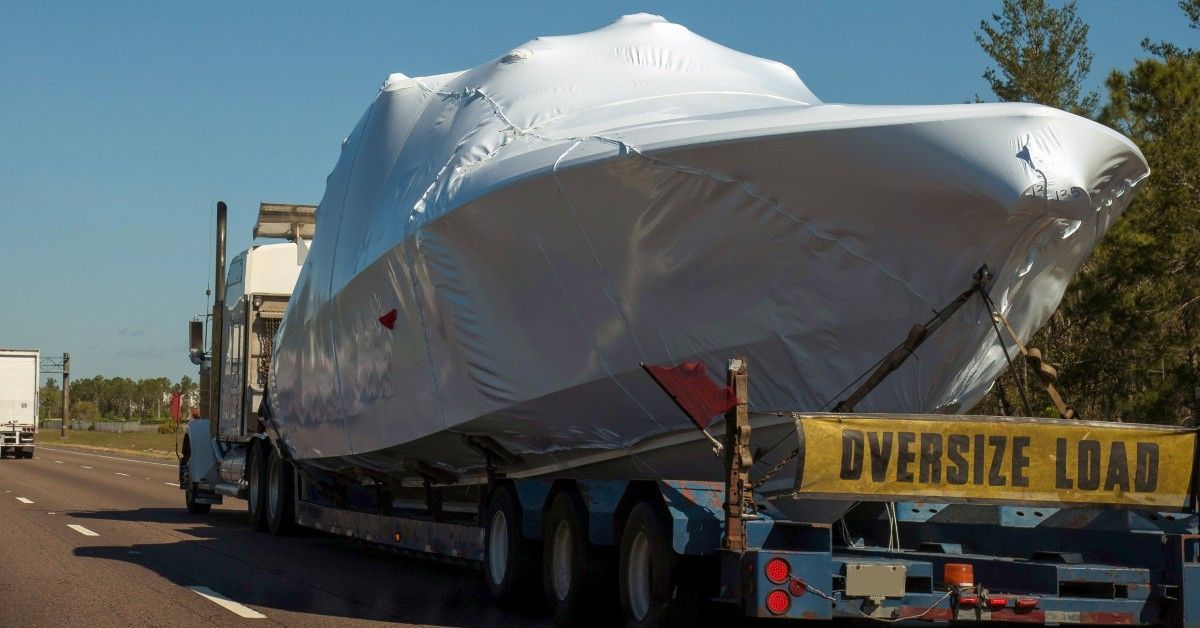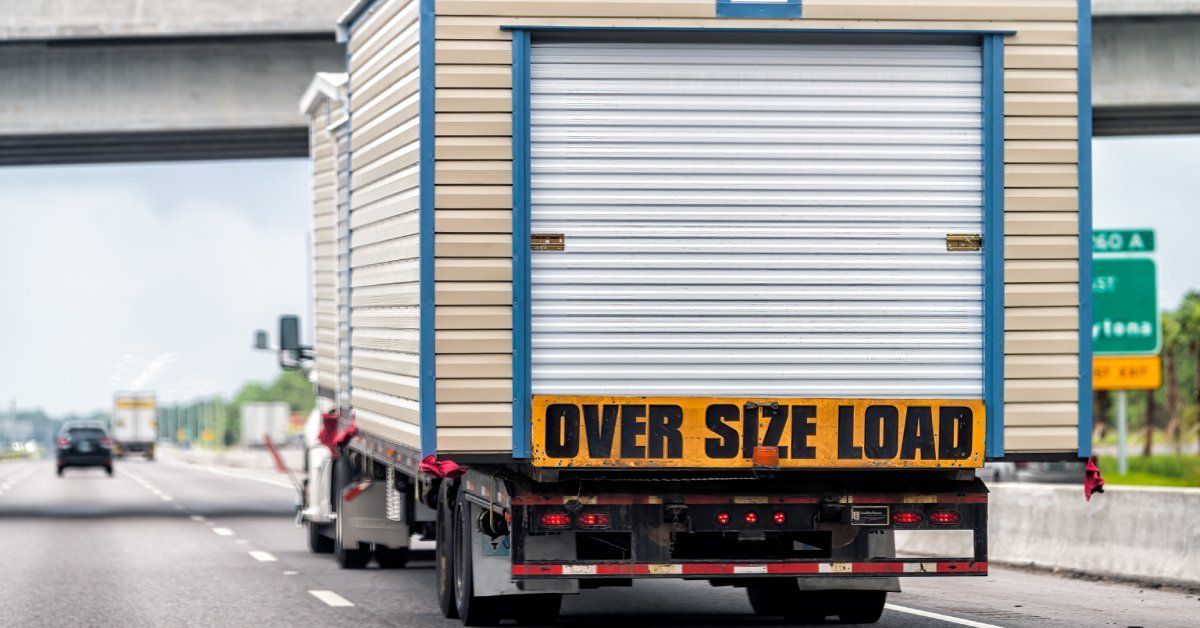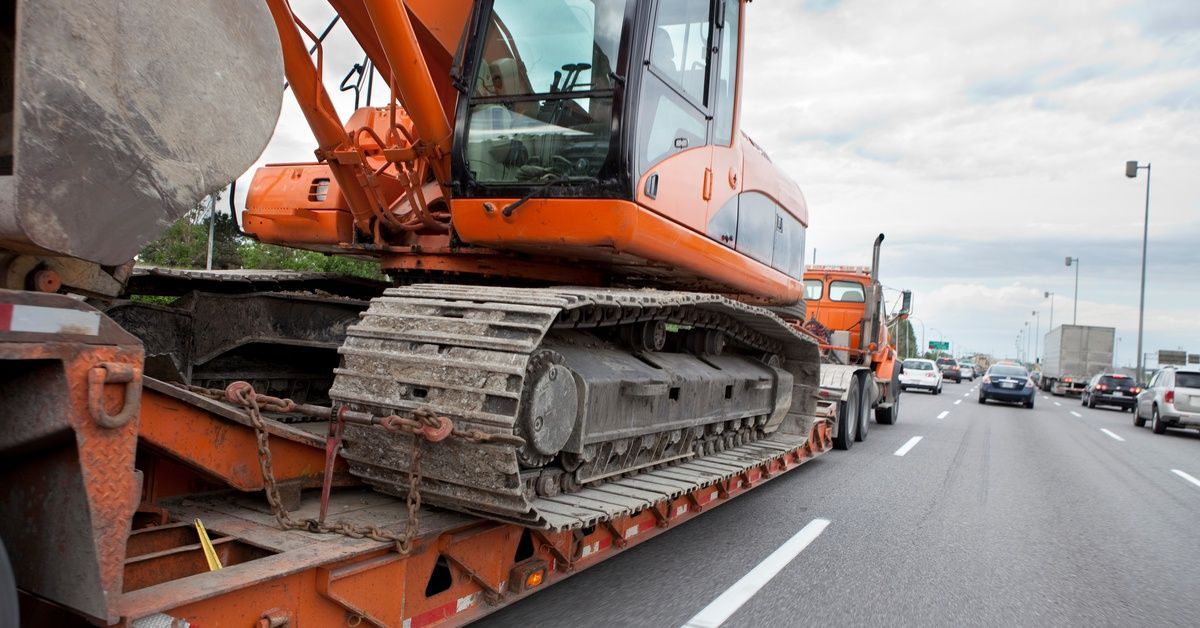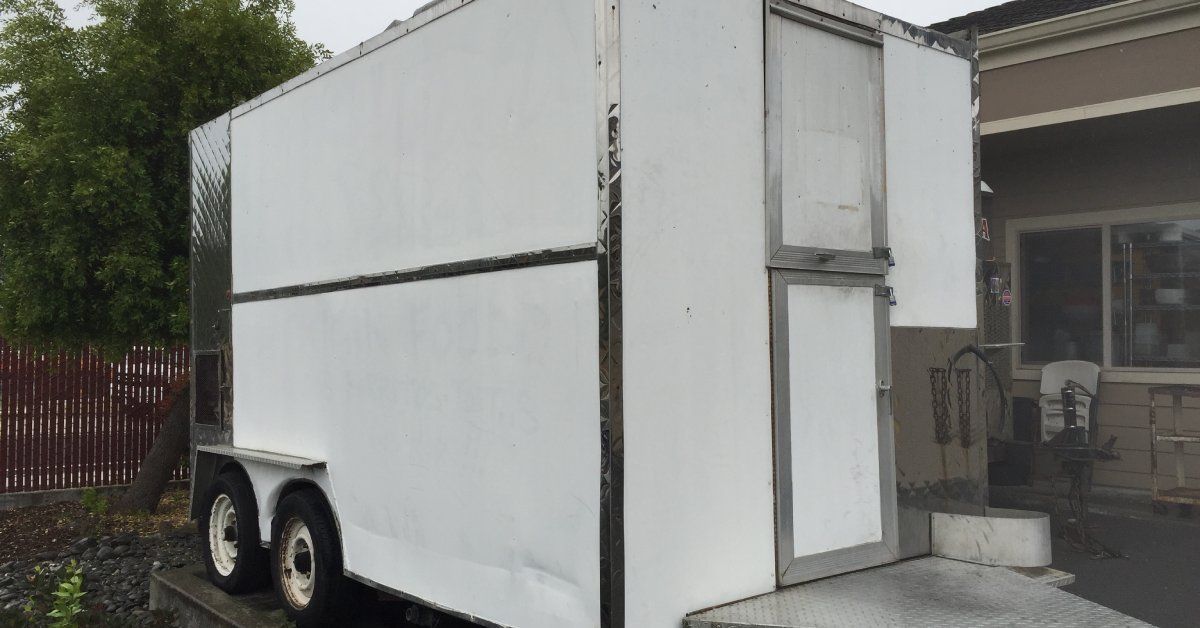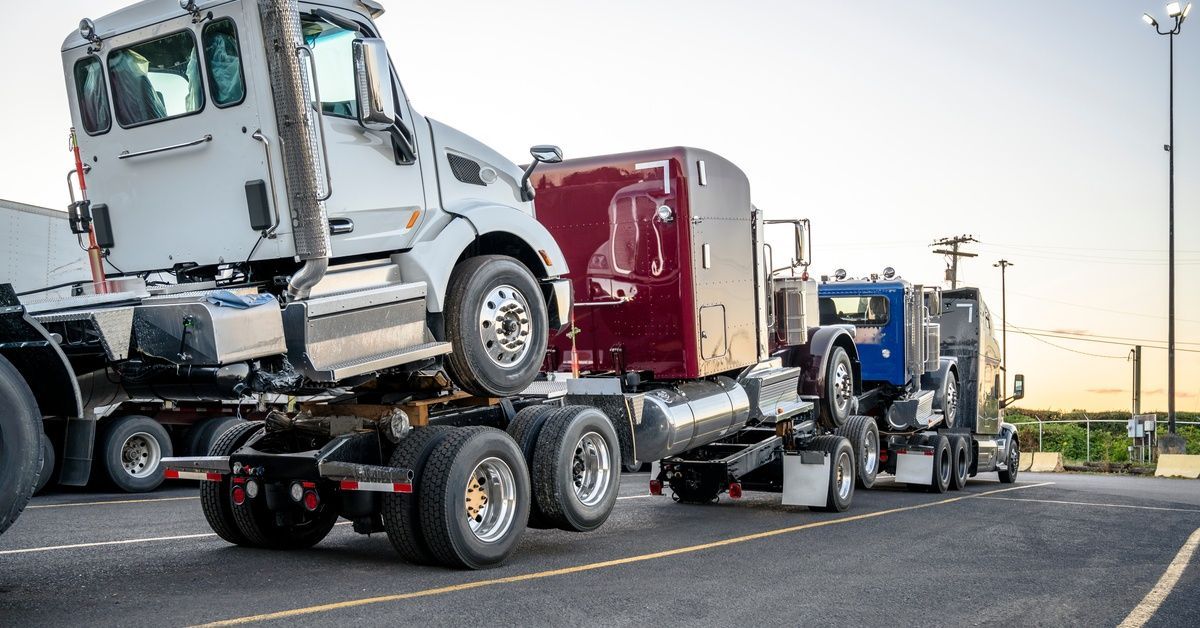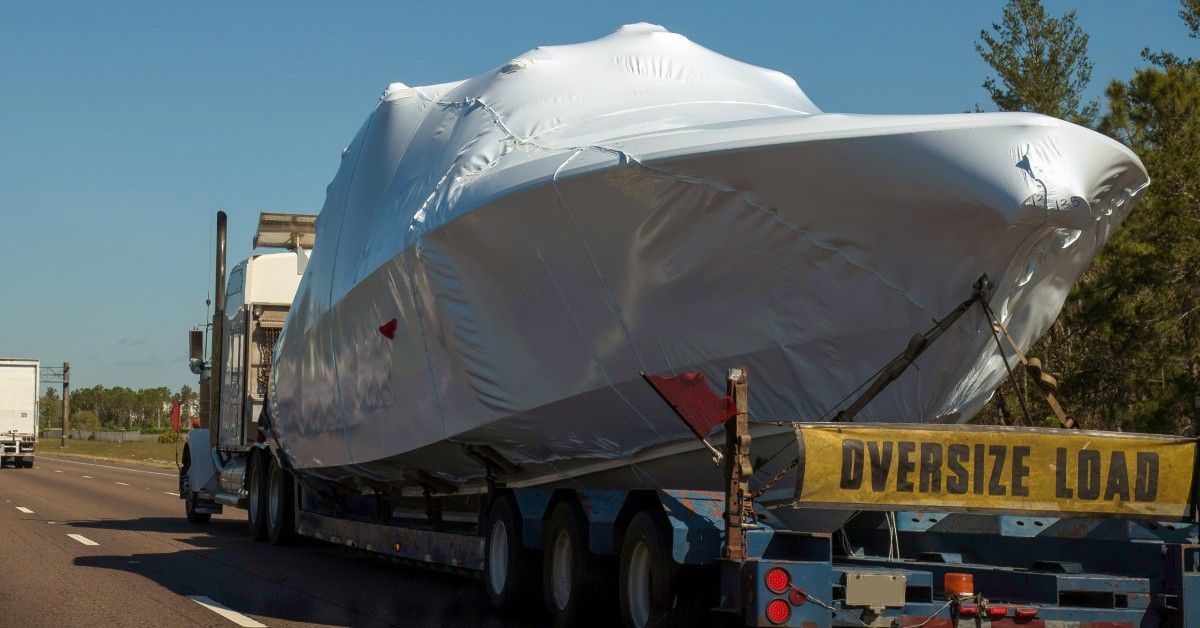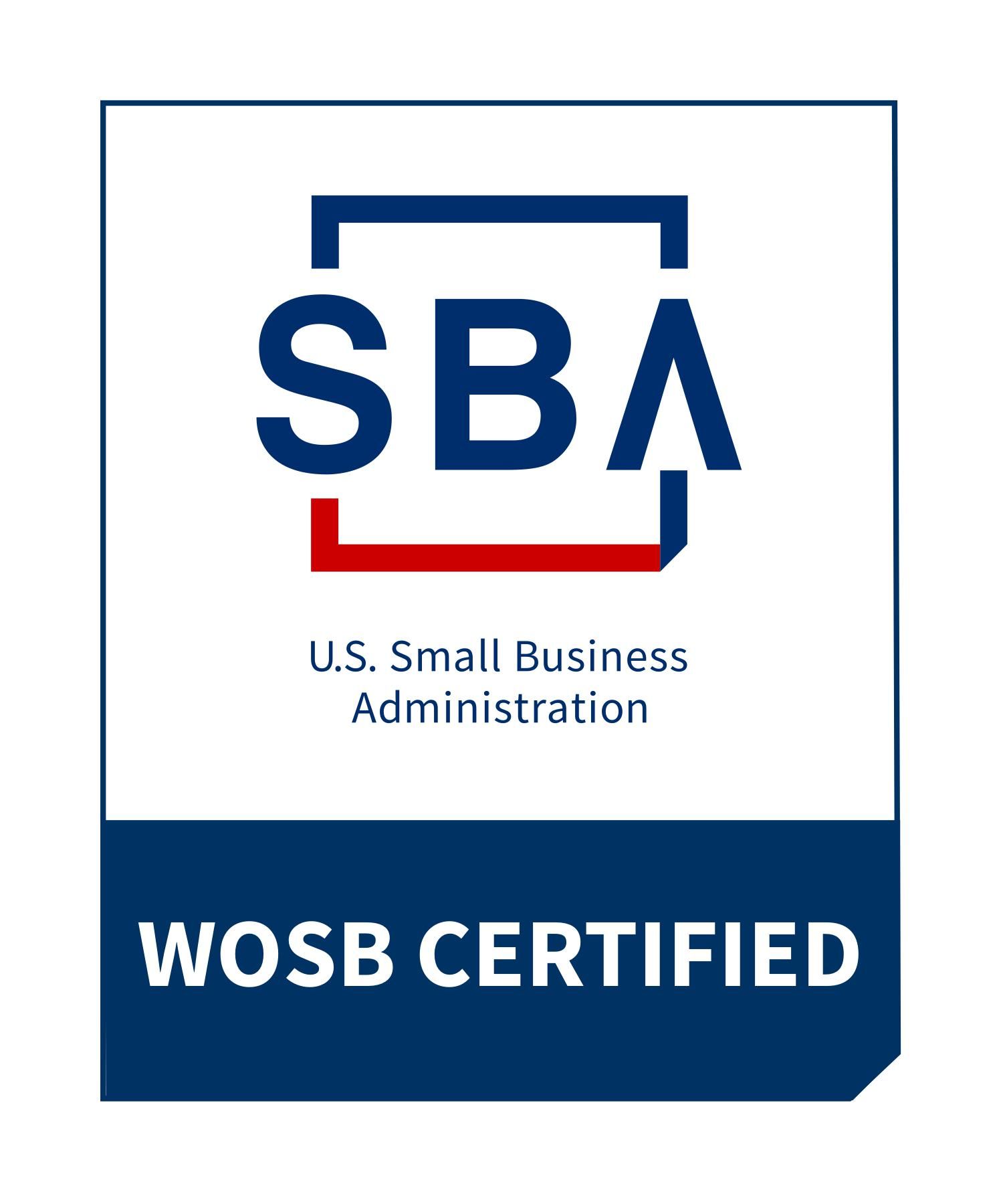Why Using a Freight Broker Can Ensure Carrier Coverage

Why Using a Freight Broker Can Ensure Carrier Coverage
In the world of freight shipping, ensuring reliable and secure carrier coverage is essential for timely and safe delivery of goods. Whether you’re a shipper managing logistics for your business or a first-time shipper seeking assistance, one of the most important decisions is choosing the right carrier. But how can you be sure that the carrier you select is reliable, compliant with regulations, and adequately insured? The answer often lies in using a freight broker.
Freight brokers act as intermediaries between shippers and carriers, leveraging their expertise to match shipments with the most suitable carriers. One of the key advantages of using a freight broker is their ability to ensure carrier coverage by utilizing detailed vetting systems and confirming that carriers have active insurance coverage in place. Below, we will explore how brokers ensure carrier reliability through these processes and the importance of verifying active insurance coverage, including the required minimums for commercial carriers.
1. Vetting Systems – The Foundation of Reliable Carrier Selection
Freight brokers work diligently to create and maintain a network of trusted carriers by using comprehensive vetting systems. These systems are designed to assess the reliability, safety, and compliance of carriers before they are selected for any shipment. By ensuring that only high-quality carriers are included in their network, brokers protect shippers from potential issues such as late deliveries, safety violations, or damaged goods.
Some key aspects of a broker’s vetting process include:
-
Licensing and Certification Checks : Brokers ensure that carriers hold the necessary licenses to legally operate in their region. This typically includes confirming that carriers are registered with the Federal Motor Carrier Safety Administration (FMCSA) and have an active USDOT number, which is required for all interstate commercial carriers in the U.S.
-
Safety and Compliance Reviews : A broker assesses the carrier’s safety record, including their CSA (Compliance, Safety, Accountability) score, which is a public record that tracks carriers’ safety performance. If a carrier has a poor safety history, they may be excluded from the broker's network. Compliance with regulations, such as those set by the Department of Transportation (DOT), is also reviewed to ensure that carriers meet legal requirements for the transportation of goods.
-
Financial Stability and Performance : Brokers often review the financial health and performance history of carriers. A carrier with solid financial stability is more likely to maintain operations and avoid disruptions that could delay shipments. This also includes checking for any past claims or lawsuits, which could indicate a history of operational issues.
This multi-layered vetting system ensures that shippers are matched with carriers who have a proven track record of safety, reliability, and compliance with industry standards.
2. Confirming Active Insurance Coverage – Ensuring Protection
Another vital aspect of ensuring carrier coverage is confirming that all carriers have active insurance policies that meet industry standards. A freight broker takes on the responsibility of verifying that each carrier within their network maintains sufficient insurance coverage, which is crucial for the protection of the shipper’s goods during transport.
In the freight industry, different types of insurance are required to protect against various risks. These policies typically include:
-
Cargo Insurance : This insurance protects the shipper’s goods from potential damage, theft, or loss during transit. While some carriers may include cargo coverage as part of their service, brokers often ensure that the carrier’s coverage meets or exceeds minimum requirements.
-
Liability Insurance : Liability coverage protects against bodily injury or property damage caused by the carrier’s operations. It’s critical for ensuring that both the carrier and the shipper are protected from accidents that occur while the goods are in transit.
3. Minimum Insurance Requirements for Commercial Carriers
The transportation industry has established minimum insurance requirements for commercial carriers, which brokers use to evaluate the adequacy of a carrier's coverage. These minimums are set by the FMCSA, and failure to comply with these requirements can result in serious legal and financial repercussions. Below are the standard minimums for insurance coverage in the U.S., depending on the type of cargo being transported:
-
General Freight : For most types of general freight, the FMCSA requires that commercial carriers maintain at least $750,000 in liability insurance. However, many brokers will only work with carriers who exceed this minimum in order to ensure adequate protection for shipments.
-
Hazardous Materials : Carriers transporting hazardous materials are subject to much higher insurance requirements. The minimum liability coverage for transporting hazardous materials is $5 million, reflecting the greater risk involved in these shipments.
-
Passenger Transportation : Carriers involved in passenger transport must maintain a minimum of $5 million in liability coverage to protect against accidents or injuries to passengers.
-
Freight Brokers’ Insurance : While freight brokers do not directly carry cargo, they are required by law to maintain a surety bond or trust fund of at least $75,000 to protect shippers in case of carrier non-payment or other issues.
Freight brokers verify that each carrier meets or exceeds these required insurance minimums before engaging in any transport arrangement. This ensures that shippers are protected, and it helps mitigate the risk of claims or disputes arising during transit.
4. The Role of Brokers in Confirming Active Insurance Coverage
Confirming that carriers have active insurance coverage is an essential step in protecting shipments and ensuring peace of mind for shippers. Brokers act as the gatekeepers, taking on the responsibility of checking that each carrier’s insurance policy is not only active but also in compliance with the necessary standards. They will typically request proof of insurance, which includes certificates of coverage from the carrier’s insurance provider.
Brokers also continuously monitor and update their networks to ensure that carriers maintain active insurance throughout the duration of their relationship. This ongoing verification helps ensure that shippers are always working with insured carriers, even in the case of policy renewals or changes.
5. The Benefits of Working with a Freight Broker
Working with a freight broker provides a significant advantage when it comes to securing carrier coverage and insurance. A broker's extensive vetting system, combined with their focus on confirming active insurance coverage, removes much of the risk that comes with shipping goods. Shippers can rely on brokers to provide peace of mind by ensuring that their shipments are in capable hands and protected by the appropriate coverage.
In addition, brokers can help shippers navigate the complexities of the insurance process, ensuring that all policies and minimum requirements are met and that any claims or potential issues are handled promptly.
Conclusion: A Smart Choice for Secure and Reliable Shipments
When it comes to securing reliable carrier coverage and ensuring that shipments are adequately insured, freight brokers are invaluable partners. Through rigorous vetting systems and a focus on confirming active insurance coverage that meets the required minimums, brokers offer shippers a level of security and reliability that is hard to achieve on their own.
By leveraging a broker’s expertise, shippers can ensure that their goods are transported by qualified, insured carriers, minimizing the risks associated with shipping and offering peace of mind throughout the entire process.

